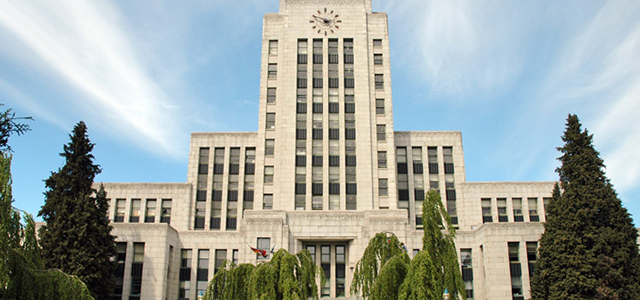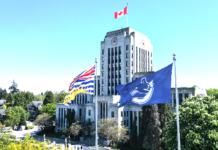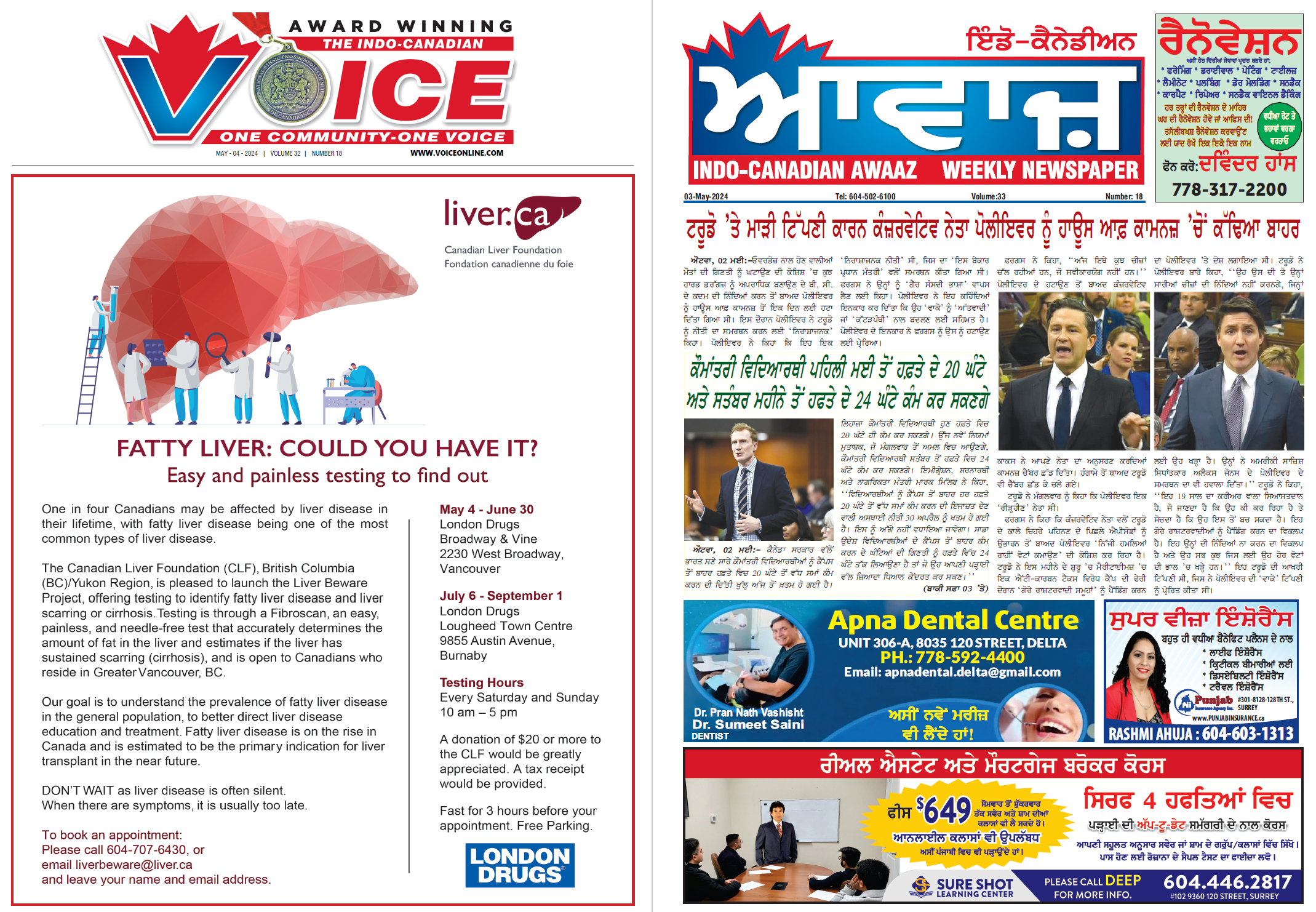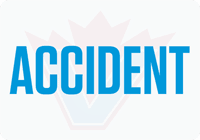STARTING this Friday, no lawn watering will be allowed in Vancouver along with other changes to regulated outdoor uses of our drinking water. Violation of these regulations may result in a $500 fine, the City of Vancouver announced on Tuesday.
Regional watering restrictions are set by Metro Vancouver and adopted by member municipalities. Our region has experienced a long period of warm, dry weather since May, combined with early snow melt and higher than average water use, the City noted.
Continued drought is forecasted into the fall. If regional water consumption continues to be above average, reservoir levels are expected to drop more quickly than usual.
Moving to Stage 2 water use restrictions starting August 4 offers the best opportunity to mitigate drought impacts through the rest of the season.
* Stage 2 watering restrictions:
- No lawn watering allowed.
- No topping up or filling of aesthetic water features.
- No private power washing or washing of impermeable/hard surfaces such as driveways and sidewalks unless it’s for a health or safety reason, or to prepare a surface for painting or similar treatment; commercial cleaning operations permitted.
- Residential watering of trees, shrubs, and flowers is permitted any day from 5am to 9am if using a sprinkler, or any time if hand watering or using drip irrigation.
- Non-residential watering of trees, shrubs and flowers is permitted any day from 4am to 9am if using a sprinkler, or any time if hand watering or using drip irrigation.
- Edible plants are exempt from regulations.
- Watering golf courses and playing fields is reduced in alignment with their approved water use plans.
- No new permits for watering new lawns or lawns being treated for the European Chafer Beetle. Permits issued in Stage 1 remain in effect until they expire.
The region’s use of drinking water increases by 50-80% in the summer, primarily due to lawn watering. However, Vancouver’s increase in summer water use is usually about half that of the region due to strong outreach and enforcement programs. Lawns enter a dormant state if not watered and return lush in the fall during rain.
Increasing watering restrictions now will help ensure there is enough treated drinking water through the dry season for essential tasks supporting health and safety, like drinking, cooking, cleaning and hygiene, and fire protection. Residents can check water use restrictions online at vancouver.ca/water-
Background
Once snow melts in the spring and the reservoirs are full, that water needs to last the region through the high-demand season from May to October. The water system was built to work with annual patterns of rain and snow in our climate, but the climate is changing and the need for water is growing. Winters are becoming warmer and wetter and summers longer, hotter and drier.
Metro Vancouver, including City of Vancouver, automatically activates Stage 1 water use restrictions each year from May 1 to October 15, in accordance with the Regional Drinking Water Conservation Plan, and implemented through local by-laws. The plan has four stages, including Stage 1 restrictions to limit lawn watering to one morning per week and Stage 2 restrictions which do not allow for residential/commercial lawn watering.
British Columbia is experiencing historic drought in 2023. Metro Vancouver’s drinking water reservoir storage is within normal range but regional water use has been above average since May 2023, even under Stage 1 restrictions. If regional water consumption continues to be above average, reservoir levels are expected to drop more quickly than usual. Moving to Stage 2 water use regulations now aligns with the Province’s call to conserve water and offers the best opportunity to mitigate drought impacts through the rest of the season.
Learn how you can reduce your water consumption
Watering restrictions are enacted through Vancouver’s Drinking Water Conservation By-law #12086.














